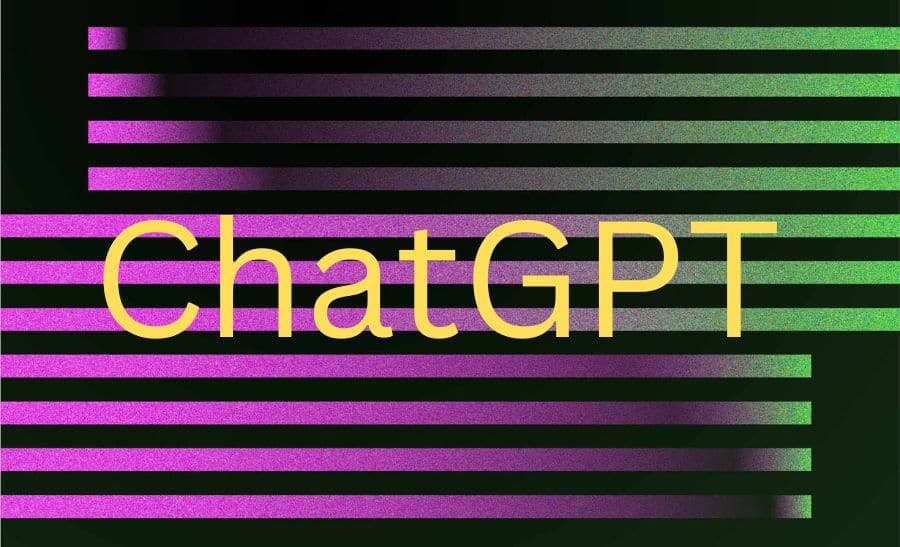544 reads
Can You Write an Entire Blog Post With ChatGPT?
by
February 9th, 2023
Audio Presented by

Australian technology news journalist. Matt, 20 years of IT systems & networking engineering + security turned Journo.
Story's Credibility

About Author
Australian technology news journalist. Matt, 20 years of IT systems & networking engineering + security turned Journo.
